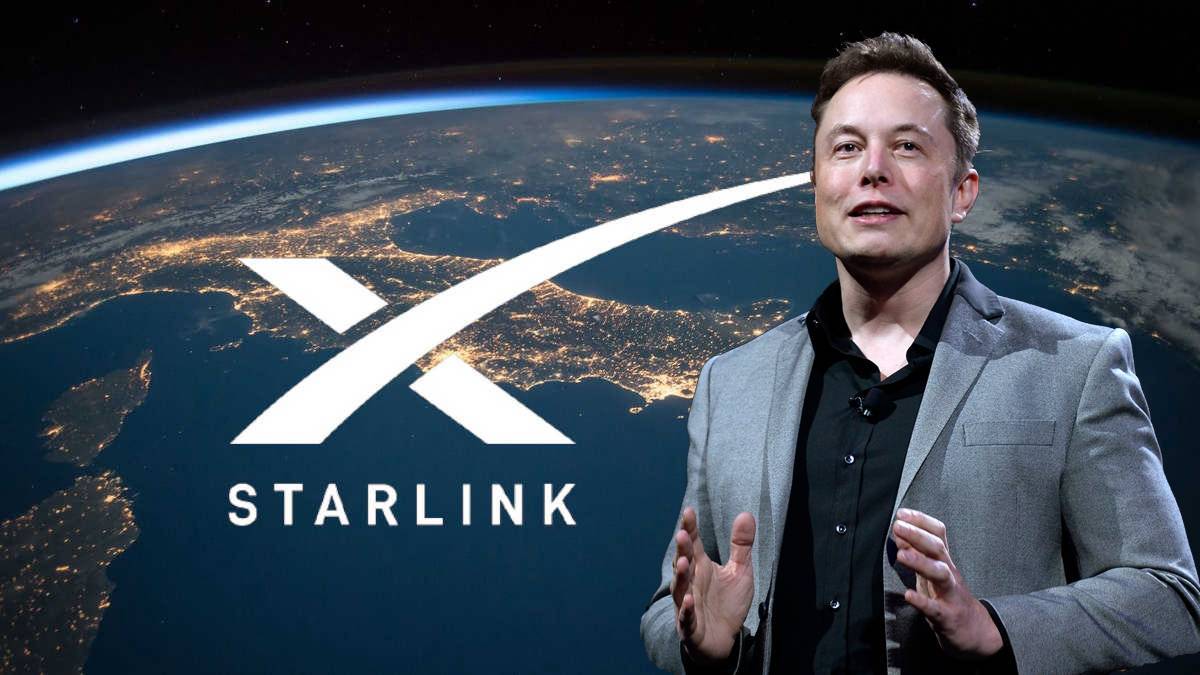In the aftermath of a nearly complete communications blackout in Gaza, a plea for Elon Musk’s Starlink internet service to aid the besieged enclave has emerged as a trending campaign on social media. This ambitious proposal seeks to leverage the power of Starlink, a satellite internet venture operated by SpaceX, known for its promise of “connectivity where you least expect it.” However, the question remains: Can Starlink effectively serve Gaza, given the complex and challenging circumstances on the ground?
Starlink’s Promise and Initial Hurdles
As calls for Elon Musk’s support for Gaza through Starlink gain traction, the billionaire entrepreneur acknowledged the need for connectivity in the region. Starlink, consisting of thousands of satellites orbiting close to Earth, offers the potential to provide internet access in remote and isolated areas where traditional infrastructure is lacking. Musk initially cited concerns about the authority for ground links in Gaza and the absence of communication attempts from the enclave to their satellite constellation.
Hurdles and Political Challenges
While the idea of bringing Starlink to Gaza has captured the public’s imagination, there are significant challenges to its implementation. Dr. Marc Owen Jones, an associate professor of Middle East Studies, raises questions about the feasibility of Starlink in Gaza. Importing Starlink terminals into the region and addressing the power supply issue in the current context prove daunting. Gaza’s enduring blockade, under Israeli control since 2007, further complicates the situation. The Israeli government’s stance on allowing such imports and the need for approvals within Gaza pose additional hurdles.
Political Opposition and Security Concerns
Political opposition to Starlink’s potential involvement in Gaza emerges from multiple fronts. Israel’s Communications Minister, Shlomo Karhi, expressed concerns about potential misuse by HAMAS for terrorist activities, vowing to cut ties with Starlink. Musk responded by emphasizing the need for thorough security checks with both the U.S. and Israeli governments before activating any terminals. This underscores the complexities and sensitivities of providing internet services in conflict zones.
Starlink’s History in Conflict Zones
Elon Musk has faced similar requests to provide Starlink services in other conflict zones, notably in Ukraine following Russia’s invasion in February 2022. While Starlink terminals were deployed to assist people and the army in Ukraine, concerns have since arisen about Starlink’s possible support for Russia’s military efforts. Musk’s refusal to provide Starlink services in Russian-annexed Crimea further ignited controversy and accusations from Ukrainian leaders regarding Russian drone attacks aided by Starlink interference. Despite these challenges, Starlink remains in use in other parts of Ukraine.
Alternative Means of Communication
After a prolonged communications blackout in Gaza, the Paltel Group has begun the gradual restoration of telecommunication services. However, Elon Musk’s proposal for Starlink in Gaza primarily targets international aid organizations. Efforts continue worldwide to ensure that ordinary Gazan civilians can communicate with each other during disruptions. Initiatives involving eSims, SIM cards, and partnerships with telecommunications companies have emerged to address the communication needs of the local population.
Egypt’s Role and the Starlink Dilemma
With Egypt gaining prominence in the ongoing Gaza conflict due to its control of the Rafah border crossing, questions have arisen about the potential for Starlink terminals to be set up at this crossing to support internet services in Gaza. However, experts point out that even if such an arrangement were allowed, its efficacy would be limited. Egypt’s efforts, including sending mobile communication stations to the border, aim to boost internet and mobile phone networks in Gaza, offering an alternative to Starlink.
Musk’s Proposal and Remaining Questions
While international aid organizations have welcomed Elon Musk’s proposal to support them with Starlink, uncertainties remain regarding the practicality of its installation in a conflict zone. Questions have been raised about how Starlink installations for aid organizations will function, but as of now, SpaceX and Musk have not provided detailed plans. Dr. Owen Jones suggests that Musk’s motivations may go beyond humanitarian efforts, pointing to the complexities and challenges of introducing Starlink to Gaza.
Elon Musk’s Starlink proposal for Gaza offers hope for improved connectivity in a region marred by conflict, but it faces formidable hurdles and political opposition. Whether this ambitious vision can be realized remains uncertain, and the story of Starlink in Gaza continues to unfold in a complex geopolitical landscape.















